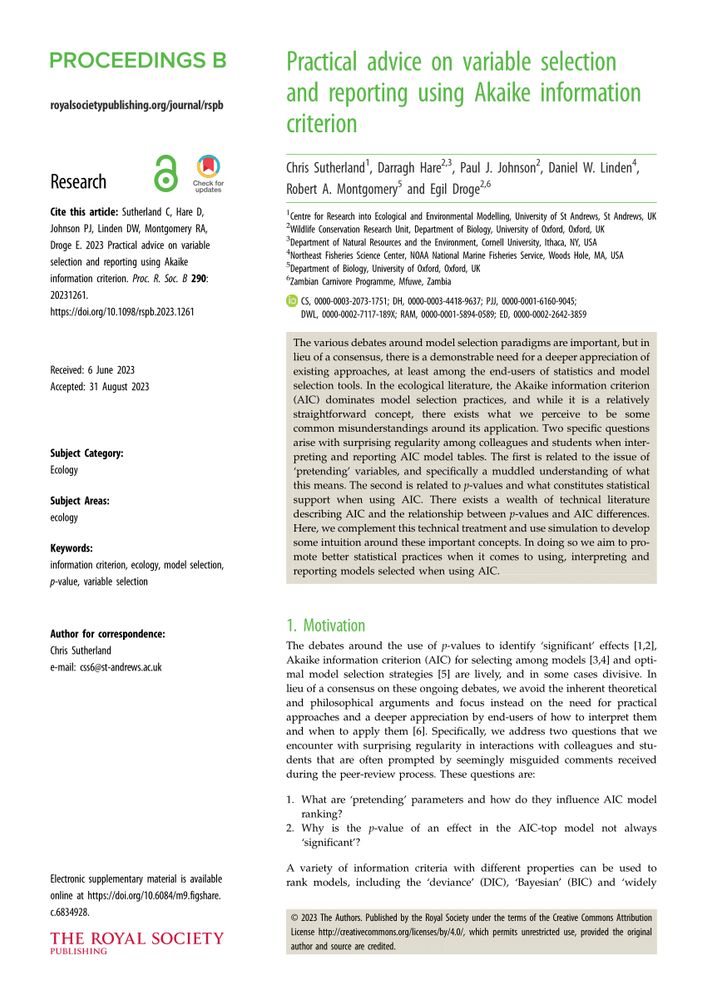
Plant ecologist (assistant professor) at
@HebrewU. I use experiments, models, and global analyses to study biodiversity and trait distribution.
Reposted by Elena Litchman, Laura E. Dee, Niv DeMalach , and 1 more Elena Litchman, Laura E. Dee, Niv DeMalach, Jonathan von Oppen

Within our recently funded collaborative project focusing on assisted migration of #mountain #plant species, we are looking for a #PhD candidate based at ETH Zürich. For further details and instructions, see the job ad:
jobs.ethz.ch/job/view/JOP...
Please repost!
🧪🏔️🌿
Reposted by Niv DeMalach

Reposted by Niv DeMalach

